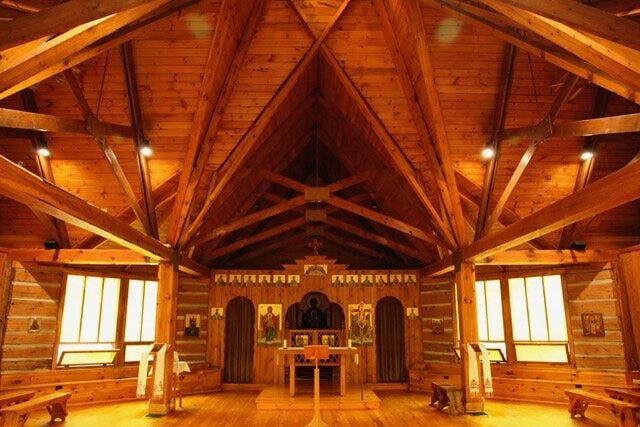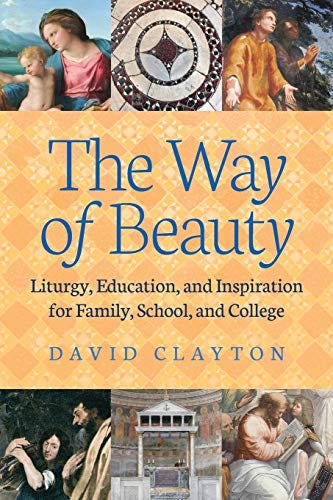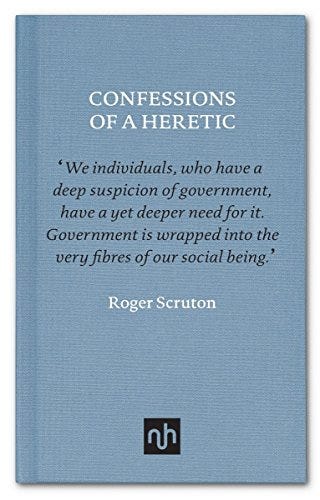What is beauty? Does it have an objective character, or is it merely subjective and in the eye of the beholder? How do we experience beauty, and how do we communicate it to others. In this episode, I discuss the nature of beauty with David Clayton, a painter, iconographer, and author. We discuss the role of consensus and tradition, classical art, contemporary gallery art, popular and folk art, and sacred liturgy.
We discuss key characteristics of beauty including integrity, harmony, proportion, and clarity and the connection to mathematics and the cosmos. David explains musical octaves and ratios and how these relate to architecture and in sacred liturgy.
We talk about relationship between art and morality, good and bad art, and how to learn and create art that speaks to our times.
We discuss a number of thinkers including
Aristotle
Augustine and Boethius on beauty and number
St. Thomas Aquinas
Roger Scruton
Dietrich von Hildebrand
St. Bonaventure and the idea of semiotic metaphysics
Biography
David Clayton an artist –a painter and iconographer — a writer, and the provost at Pontifex University where he runs graduate program on Sacred Art. He is the author of the book, The Way of Beauty, The Vision for You, The Little Oratory and more. David grew up in England and he studied material physics at Oxford before becoming a full time artist and teacher. We did this interview a while ago but you can find his latest work The Way of Beauty.com
Resources and Notes
Aristotelian concept of substance
We respond to things differently, yet there is also broad consensus of what is beautiful.
We recognize nature is beautiful.
The Way tourists look at things, we see, it's not a random distribution of people going to random cities. People actually go to Florence,
Is beauty merely subjective: The question is what are we responding to?
Beauty is both objective and subjective. Wewe have a subjective experience of beauty,
Dietrich Von Hildebrand
Subjectively satisfying
Genuinely beneficial
Intrinsic value
Need for both shallow and deep. Not everything has be always the best—there is a place for folk and popular alongside classical and serious.
Decoration very important
See Carrie Gress and Noelle Mering: Theology of Home Volume 1 and Volume 2 —-Links Below
Listen to my interview with Carrie Gress on Theology of Home
Musical Octaves and Ratios
We see these ratios in buildings with windows Classical architecture versus brutalist architecture
Intuition of harmony
How do we understand beauty? What are the Characteristics?
Thomas Aquinas, definition of beauty pleasing when known, how do we understand beauty?
Due proportion,
Harmony
Integrity
Beauty—Meaning and Utility
Beauty has utility for man's soul
Science focuses on the efficient cause
Beauty and art point to the future –focuses on final cause
St. Bonaventure: Semiotic Metaphysics
Vestige
Image
Likeness
See Mind’s Journey To God in book link below
Roger Scruton: Essay “Faking It” See book link below
Clayton: The success of the galley gallery to suspend judgment
Clayton Critque of Matisse et al— Colonialist —Romantic model—condescending to Africans
The Play: ART
How do go about learning and creating art?
Immerse tradition you are drawn to — adopt a style you like —-work to master it and then create art that speaks to our contemporary times.
Sacred liturgy, the musical octave and the liturgical octave
Liturgy of the Hours
7 times a day and 1 time at night
In the culture, cosmos, liturgy, pattern of living
Influence of Boethius and Augustine
Mathematics, Modernity, the value of modernity
Joseph Ratzinger: The Spirit of the Liturgy— mathematics of liturgy —Pythagoras Link Below
Augustine and Boethius
Augustine always referring to number
Boethius: De Istitituione arithmetica- 10 proportion / De institutione Musica
Links to Essays and Books
John Paul II: Letter to Artists
My essay on Scruton and McGilcrhist at Acton
The Way of Beauty: Liturgy, Education, and Inspiration for Family, School, and College
By Clayton, David
The Little Oratory: A Beginner's Guide to Praying in the Home
By Clayton, David, Lawler, Leila
Theology of Home II: The Spiritual Art of Homemaking
By Gress PhD, Carrie, Mering, Noelle
By Bonaventure, Saint
AMAZON BLOCK
Search for an Amazon product to display. Learn more
The Vision For You: How to Discover the Life You Were Made For
By Clayton, David
Confessions of a Heretic: Selected Essays
By Scruton, Roger
Theology of Home: Finding the Eternal in the Everyday
By Carrie Gress, Mering, Noelle
The Commentary on the De arithmetica of Boethius (Studies and Texts)
By Thierry of Chartres




















